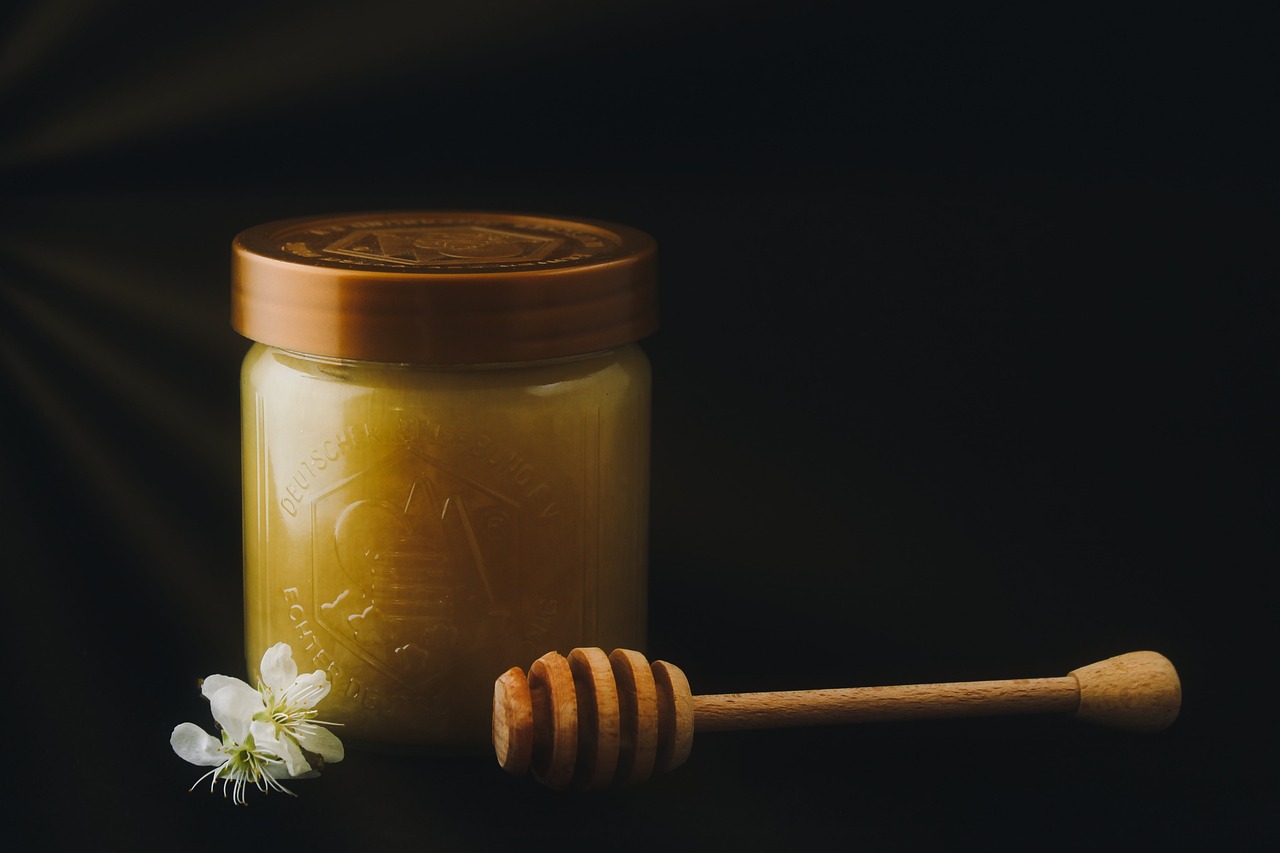As one who makes his living by writing about allergies and asthma I am often asked about the potential health benefits of using local honey.
Honey contains bits and pieces of pollen and honey, and as an immune system booster, it is quite powerful. I have often in talks and articles, and in my books, advocated using local honey. Frequently I’ll get emails from readers who want to know exactly what I mean by local honey, and how “local” should it be. This is what I usually advise:
Allergies arise from continuous over-exposure to the same allergens. If, for example, you live in an area where there is a great deal of red clover growing, and if in addition you often feed red clover hay to your own horses or cattle, then it likely you are exposed over and over to pollen from this same red clover. Now, red clover pollen is not especially allergenic but still, with time, a serious allergy to it can easily arise.
Another example: if you lived in a southern area where bottlebrush trees were frequently used in the landscapes or perhaps you had a bottlebrush tree growing in your own yard, your odds of over-exposure to this tree’s tiny, triangular, and potently very allergenic pollen is greatly enhanced.
In the two examples used above, both species of plants are what we call amphipilous, meaning they are pollinated by both insects and by the wind. Honeybees will collect pollen from each of these species and it will be present in small amounts in honey that was gathered by bees that were working areas where these species are growing. When people living in these same areas eat honey that was produced in that environment, the honey will often act as an immune booster. The good effects of this local honey are best when the honey is taken a little bit (a couple of teaspoons-full) a day for several months prior to the pollen season.
When I’m asked how local should the honey be for allergy prevention I always advise to get honey that was raised closest to where you live, the closer the better since it will have more of exactly what you’ll need.
It may seem odd that straight exposure to pollen often triggers allergies but that exposure to pollen in the honey usually has the opposite effect. But this is typically what we see. In honey the allergens are delivered in small, manageable doses and the effect over time is very much like that from undergoing a whole series of allergy immunology injections. The major difference though is that the honey is a lot easier to take and it is certainly a lot less expensive. I am always surprised that this powerful health benefit of local honey is not more widely understood, as it is simple, easy, and often surprisingly effective.
Read more from Tom Ogren — Local Honey Revisted
The Author:
Thomas Leo Ogren – author of five published books, including allergy-free gardening, and also of, Safe Sex in the Garden. Tom does consulting on allergies and landscaping for, among others, the USDA urban foresters, the American Lung Association, for county asthma coalitions, landscape, nursery and arborists’ associations, and for www.Allegra.com Tom’s own website is www.allergyfree-gardening.com
Copyright 2004, Thomas L Ogren. All rights reserved worldwide.
